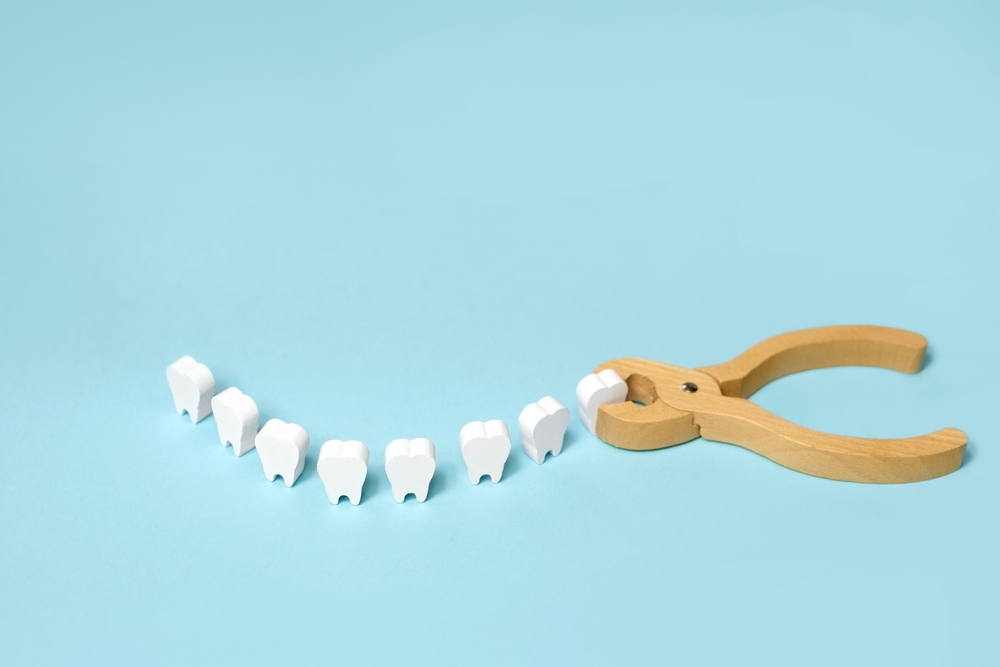Concerned about pain and infection from emerging wisdom teeth? Wondering if wisdom teeth can be removed without anesthesia? Our clinic offers painless dental extractions near you as a solution. Expert dentists efficiently relieve pain and prevent infection, especially for wisdom teeth causing crowding. Experience comfortable procedures and expert care for a worry-free extraction process.
Why Is Anesthesia Used in Dental Procedures?
Purpose of Anesthesia
Anesthesia is used in dental procedures to minimize pain and discomfort, ensuring a more comfortable experience for the patient. It allows dentists to perform extractions and other procedures efficiently without causing undue stress to the patient.
Types of Anesthesia Commonly Used
- Local Anesthesia: Numbs the specific area where the tooth will be removed.
- Sedation Anesthesia: Helps you relax and may make you drowsy.
- General Anesthesia: Puts you completely to sleep for the procedure.
How Painful Is Tooth Extraction Without Anesthesia?
Pain and Discomfort
Removing wisdom teeth without anesthesia can be very painful. You’ll feel everything, making it extremely uncomfortable and stressful.
Risks and Complications:
- Severe Pain: Without anesthesia, the pain can become unbearable.
- Increased Bleeding: Stress and movement during the procedure may lead to more bleeding.
- Higher Infection Risk: Lack of pain control increases the chances of complications and prolongs recovery.
Common Issues and How to Handle Them:
- Dry Socket: Painful condition caused by dislodged blood clot. Follow care instructions carefully.
- Infection: Watch for signs like fever, increased pain, and swelling. Contact your dentist if infection is suspected.
Understanding the extraction process and the role of anesthesia helps you make better decisions about your dental care. Talk to your dentist to choose the best approach for your comfort and health.
Are There Alternatives to Full Anesthesia?
-
Local Anesthesia
Local anesthesia involves numbing only the specific area around the tooth. You remain fully awake but will not feel pain in the numbed area.
-
Sedation Options
Sedation dentistry includes options like nitrous oxide (laughing gas) and oral sedatives to help reduce anxiety and discomfort during the procedure. This allows you to be relaxed and less aware of the procedure without being fully unconscious.
How Is an Extraction Carried Out?
Steps of the Extraction Process
- Preparation: The dentist reviews your medical history and takes X-rays.
- Numbing: Local anesthesia numbs the area around the tooth.
- Incision: Small cut in the gum to expose the tooth and bone.
- Removing: The tooth is taken out, sometimes in pieces.
- Cleaning: The dentist removes any debris from the tooth or bone.
- Stitching: Stitches, if needed, to help healing.
- Gauze: Gauze is placed to control bleeding and form a blood clot.
Immediate Post-Extraction Care
After the extraction, follow your dentist’s instructions: rest, avoid certain foods, and keep the area clean.
The Importance of Consulting Your Dentist
How a Dentist Can Help
Your dentist will evaluate your dental health and the position of your wisdom teeth to recommend the best approach. They can explain the pros and cons of using anesthesia versus not using it.
When to Contact Your Dentist
Reach out to your dentist if you experience severe pain, excessive bleeding, or signs of infection. Early intervention can prevent further complications.
Signs You Might Need Your Wisdom Teeth Removed
- Pain or swelling in the back of your mouth.
- Infection or gum disease around the wisdom teeth.
- Crowding or damage to other teeth.
Untreated wisdom teeth can lead to infections, cysts, and damage to other teeth, potentially causing more significant dental issues down the line.
Post-Extraction Care Tips
Managing Pain and Swelling
- Ice Packs: Apply to reduce swelling.
- Pain Medications: Take as prescribed by your dentist.
- Rest: Allow your body time to heal.
Recommended Diet and Recovery Tips
- Soft Foods: Eat foods like yogurt, soup, and smoothies.
- Avoid Straws: Prevent dry socket by not using straws.
- Good Oral Hygiene: Keep the mouth clean without disturbing the extraction site.
Choose Aspire Smiles for Safe, Comfortable Dental Care
In summary, while it is technically possible to remove wisdom teeth without anesthesia, it is not advisable due to the extreme pain and potential complications. Anesthesia helps ensure a more comfortable and safer procedure.
Experience exceptional dental care at Aspire Smiles. Our expert team is dedicated to your comfort and oral health.
Book your appointment with our dentist in Sherwood Park and take the first step towards a brighter, healthier smile. Visit us now and let Aspire Smiles bring out the best in your smile.
For more details, call us at (780) 467-8822 or visit our website at Aspire Smiles. Let’s make your dream smile a reality with Aspire Smiles!
